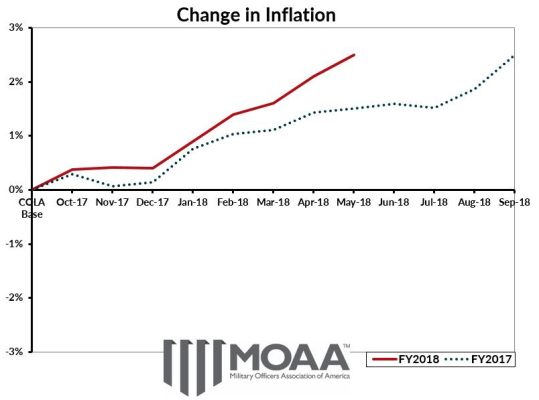I am in my mid 50s. I have saved enough money so that I can comfortably retire. I plan to work a couple more years, but really don't need to do that. After a couple of years of working on it, I have my asset allocation down to about where I want it -- my goal is 50/50 and I am around 55/45 now. That is close enough.
I feel like at this point my only significant financial risk is inflation. I am trying to think about the best protection against future periods of very high inflation. I am thinking the best protections are probably:
(1) to keep around 50% in equities, rather than moving even more to fixed income, with the idea that over the long term equities will help keep up with inflation;
(2) to keep some TIPS on the fixed income side; and
(3) to generally keep bond maturities relatively short.
Do you have other ideas? Part of me thinks I should take every dollar I have and move it to TIPS and I could live more than fine for the rest of my life. But I don't want to do anything so radical (and I don't want to pay the capital gains tax either).
I feel like at this point my only significant financial risk is inflation. I am trying to think about the best protection against future periods of very high inflation. I am thinking the best protections are probably:
(1) to keep around 50% in equities, rather than moving even more to fixed income, with the idea that over the long term equities will help keep up with inflation;
(2) to keep some TIPS on the fixed income side; and
(3) to generally keep bond maturities relatively short.
Do you have other ideas? Part of me thinks I should take every dollar I have and move it to TIPS and I could live more than fine for the rest of my life. But I don't want to do anything so radical (and I don't want to pay the capital gains tax either).


